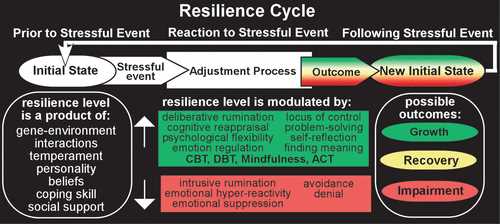
Stress-related disorders have become increasingly prevalent in today’s fast-paced and demanding world. The constant pressure to perform, the never-ending to-do lists, and the overwhelming expectations can take a toll on our mental and physical well-being. However, there is hope. The resilience framework offers a powerful strategy to combat these disorders and build a stronger, more resilient self.
Resilience, the ability to bounce back from adversity and adapt to challenging circumstances, is a key factor in maintaining good mental health. It involves developing a set of skills and strategies that enable us to better cope with stress, recover from setbacks, and thrive in the face of adversity. By cultivating resilience, we can build a solid foundation for mental well-being and effectively combat stress-related disorders.
The resilience framework encompasses a range of techniques and practices that can be applied to various aspects of our lives. It involves identifying and challenging negative thought patterns, building positive relationships and support networks, practicing self-care and self-compassion, and developing effective coping mechanisms. By implementing these strategies, we can reduce the impact of stress on our lives and improve our overall well-being.
Moreover, the resilience framework emphasizes the importance of self-awareness and self-reflection. It encourages individuals to explore their strengths, values, and beliefs, and to develop a sense of purpose and meaning in life. By aligning our actions with our core values and goals, we can enhance our resilience and create a sense of fulfillment and satisfaction.
In conclusion, the resilience framework offers a powerful strategy to combat stress-related disorders. By cultivating resilience, we can build our capacity to cope with stress, recover from setbacks, and thrive in the face of adversity. Through self-awareness, self-reflection, and the implementation of various techniques and practices, we can effectively combat stress-related disorders and build a stronger, more resilient self.
Understanding Stress-Related Disorders
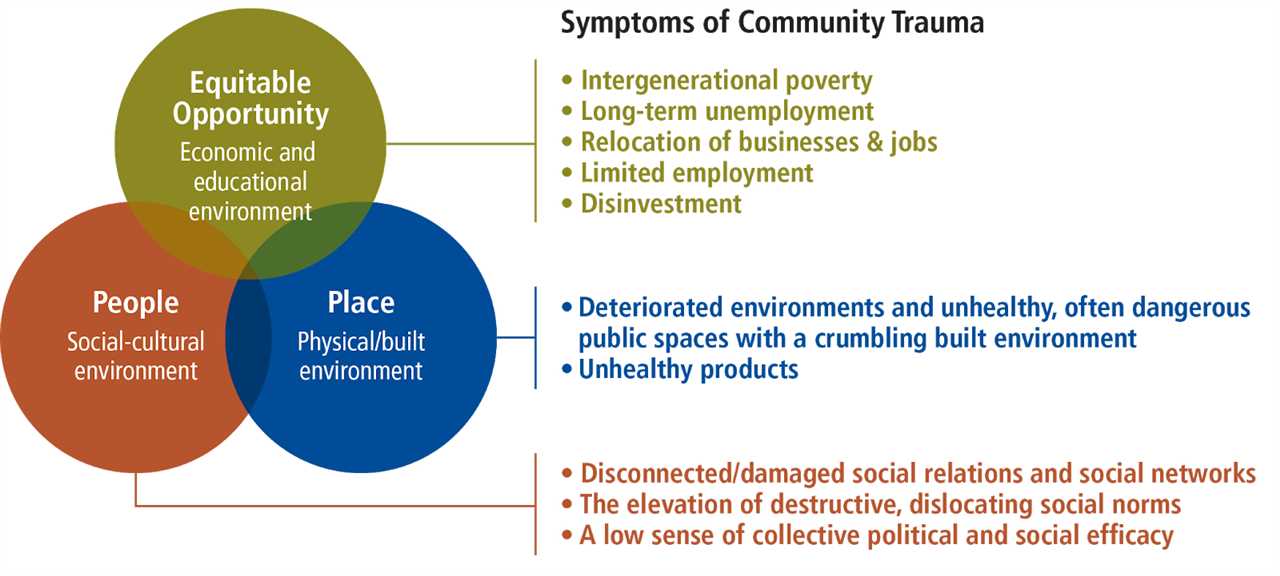
Stress-related disorders are a group of conditions that are caused or exacerbated by excessive or prolonged stress. These disorders can have a significant impact on an individual’s physical, mental, and emotional well-being.
Stress-related disorders can manifest in various ways, including but not limited to:
| Disorder | Description |
| Anxiety Disorders | Characterized by excessive worry, fear, and apprehension. |
| Depressive Disorders | Characterized by persistent feelings of sadness, hopelessness, and a lack of interest or pleasure in activities. |
| Post-Traumatic Stress Disorder (PTSD) | Develops after experiencing or witnessing a traumatic event and is characterized by intrusive thoughts, nightmares, and flashbacks. |
| Substance Use Disorders | Occurs when an individual relies on substances such as drugs or alcohol to cope with stress. |
| Burnout | A state of physical, emotional, and mental exhaustion caused by chronic workplace stress. |
It is important to understand that stress-related disorders are not a sign of weakness or personal failure. They are legitimate medical conditions that require proper diagnosis and treatment.
The resilience framework is a powerful strategy for combating stress-related disorders. It focuses on building and strengthening an individual’s resilience, which is the ability to adapt and bounce back from stressful situations. By developing resilience, individuals can better cope with stress and reduce the risk of developing stress-related disorders.
The resilience framework involves various components, including:
- Identifying and managing stress triggers
- Developing healthy coping mechanisms
- Building a strong support network
- Practicing self-care and self-compassion
- Engaging in stress-reducing activities, such as exercise and mindfulness
By implementing the resilience framework, individuals can take an active role in managing their stress levels and promoting their overall well-being. It is a proactive approach that empowers individuals to overcome stress-related disorders and live a healthier, more fulfilling life.
The Impact of Stress on Mental Health
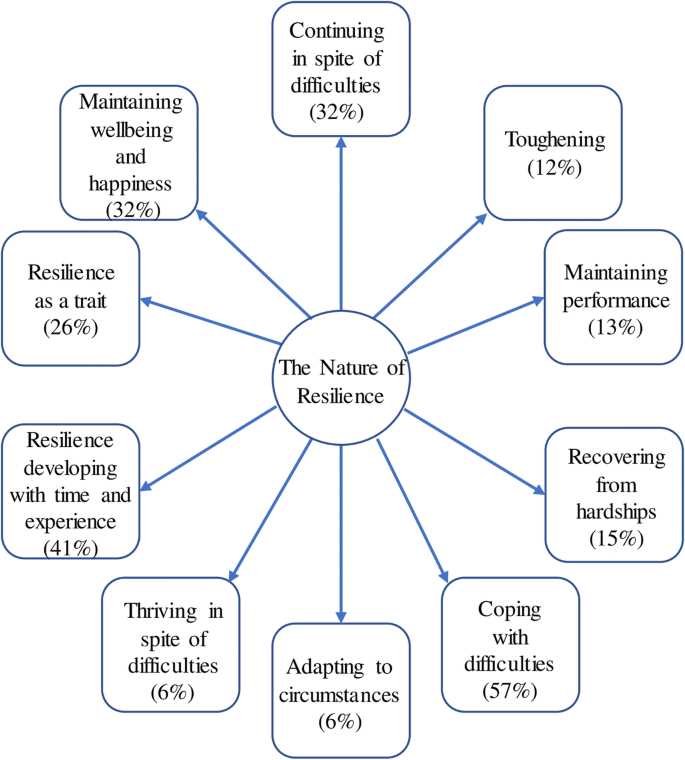
Stress is a common experience that affects individuals in various ways. When stress becomes chronic or overwhelming, it can have a significant impact on mental health. Stress-related disorders, such as anxiety and depression, can arise as a result of prolonged exposure to high levels of stress.
Combatting the negative effects of stress on mental health requires a proactive approach. Resilience, the ability to adapt and bounce back from adversity, can serve as a powerful strategy in managing stress-related disorders. Developing resilience skills can help individuals better cope with stress, reducing its impact on mental health.
Resilience involves building a strong support network, practicing self-care, and developing positive coping mechanisms. By fostering resilience, individuals can enhance their ability to handle stress and protect their mental well-being.
Furthermore, understanding the relationship between stress and mental health is crucial in developing effective interventions. By recognizing the signs and symptoms of stress-related disorders, healthcare professionals can provide appropriate support and treatment to those in need.
In conclusion, stress can have a profound impact on mental health, leading to the development of stress-related disorders. However, by implementing resilience strategies, individuals can combat the negative effects of stress and protect their mental well-being.
Common Types of Stress-Related Disorders
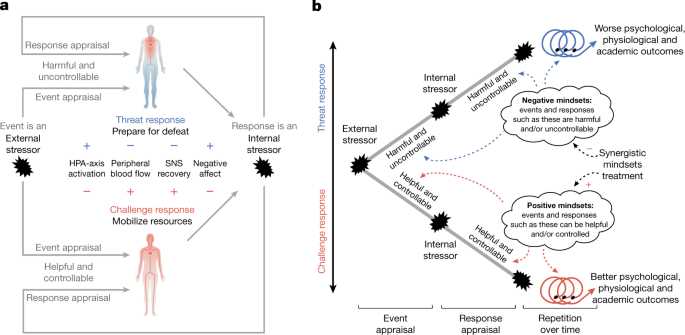
Stress-related disorders are a wide range of mental health conditions that are triggered or worsened by stress. These disorders can have a significant impact on a person’s well-being and quality of life. Understanding and recognizing the common types of stress-related disorders is crucial in order to combat them effectively.
One common type of stress-related disorder is post-traumatic stress disorder (PTSD). This disorder occurs after a person has experienced or witnessed a traumatic event, such as a natural disaster, assault, or military combat. Individuals with PTSD often experience intrusive thoughts, nightmares, and flashbacks related to the traumatic event, as well as heightened anxiety and difficulty sleeping.
Another common stress-related disorder is generalized anxiety disorder (GAD). This disorder is characterized by excessive worry and anxiety about everyday events and activities. People with GAD often have difficulty controlling their worry and may experience physical symptoms such as restlessness, fatigue, and muscle tension.
Depression is also considered a stress-related disorder, as chronic stress can contribute to its development. Depression is characterized by persistent feelings of sadness, hopelessness, and a loss of interest in activities. It can also lead to physical symptoms such as changes in appetite, sleep disturbances, and fatigue.
Chronic stress can also contribute to the development of panic disorder, which is characterized by recurring panic attacks. Panic attacks involve sudden and intense feelings of fear and can be accompanied by physical symptoms such as a racing heart, shortness of breath, and dizziness.
Finally, adjustment disorder is a stress-related disorder that occurs when a person has difficulty coping with a stressful life event, such as a divorce, job loss, or the death of a loved one. Symptoms of adjustment disorder can include feelings of sadness, anxiety, and difficulty functioning in daily life.
Understanding the common types of stress-related disorders is essential in developing effective strategies to combat them. The resilience framework provides a powerful strategy for individuals to build resilience and cope with stress, ultimately reducing the risk of developing these disorders and improving overall mental health.
The Need for Effective Strategies
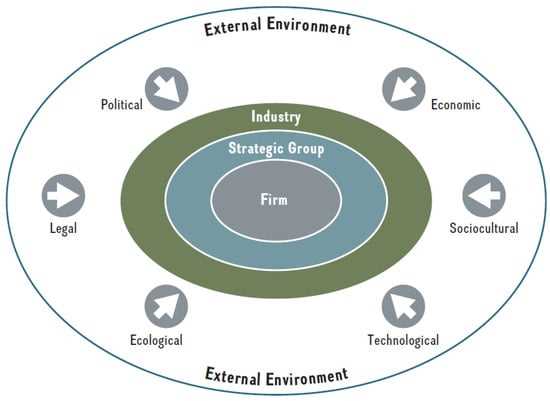
In today’s fast-paced and demanding world, stress-related disorders are becoming increasingly prevalent. The constant pressure to perform, meet deadlines, and juggle multiple responsibilities can take a toll on our mental and physical well-being. This is where the resilience framework comes in.
Resilience, defined as the ability to bounce back from adversity, is a key factor in combating stress-related disorders. It allows individuals to adapt, cope, and thrive in the face of challenges. However, developing resilience is not an innate skill for everyone. That’s where effective strategies come into play.
A strategy is a plan of action designed to achieve a specific goal. In the context of stress-related disorders, an effective strategy is one that helps individuals build resilience and manage stress effectively. This is where the resilience framework comes in.
The resilience framework provides a comprehensive approach to building resilience and reducing the impact of stress-related disorders. It encompasses various strategies and techniques that can be tailored to individual needs and circumstances. These strategies may include cognitive-behavioral therapy, mindfulness practices, self-care activities, and social support networks.
By implementing these strategies, individuals can develop the skills and resources needed to navigate through stressful situations and bounce back from adversity. They can learn to identify and challenge negative thought patterns, cultivate self-compassion and self-care habits, and build strong social connections that provide support and encouragement.
Overall, the need for effective strategies in combating stress-related disorders cannot be overstated. The resilience framework offers a powerful tool to help individuals develop the skills and resources needed to thrive in today’s challenging world. By implementing these strategies, individuals can build resilience, manage stress effectively, and ultimately improve their overall well-being.
The Resilience Framework: A Holistic Approach
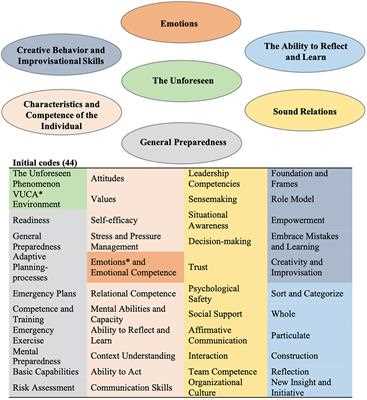
In order to combat stress-related disorders, it is important to take a holistic approach. This is where the resilience framework comes in. The resilience framework is a powerful strategy that focuses on building resilience in individuals, helping them to better cope with and overcome stress.
The resilience framework is based on the idea that individuals have the ability to adapt and bounce back from difficult experiences. By developing resilience, individuals can become better equipped to handle stress, manage their emotions, and maintain a sense of well-being.
One key aspect of the resilience framework is the recognition that stress is a normal part of life. Rather than trying to eliminate stress altogether, the resilience framework aims to help individuals develop the skills and resources they need to effectively manage stress and prevent it from becoming overwhelming.
Another important component of the resilience framework is the emphasis on social support. Research has shown that having strong social connections can greatly enhance an individual’s resilience. By fostering supportive relationships, individuals can gain access to the emotional and practical support they need during times of stress.
In addition to social support, the resilience framework also emphasizes the importance of self-care. This includes activities such as exercise, healthy eating, and getting enough sleep. By taking care of their physical and mental well-being, individuals can better manage stress and build resilience.
The resilience framework is not a one-size-fits-all approach. It recognizes that individuals have unique strengths and challenges, and therefore, interventions should be tailored to meet their specific needs. This may involve a combination of therapeutic techniques, such as cognitive-behavioral therapy, mindfulness practices, and stress management strategies.
In conclusion, the resilience framework offers a holistic approach to combat stress-related disorders. By focusing on building resilience, individuals can develop the skills and resources they need to effectively manage stress and maintain their well-being. Through social support, self-care, and tailored interventions, individuals can overcome stress and thrive in the face of adversity.
Building Emotional Resilience
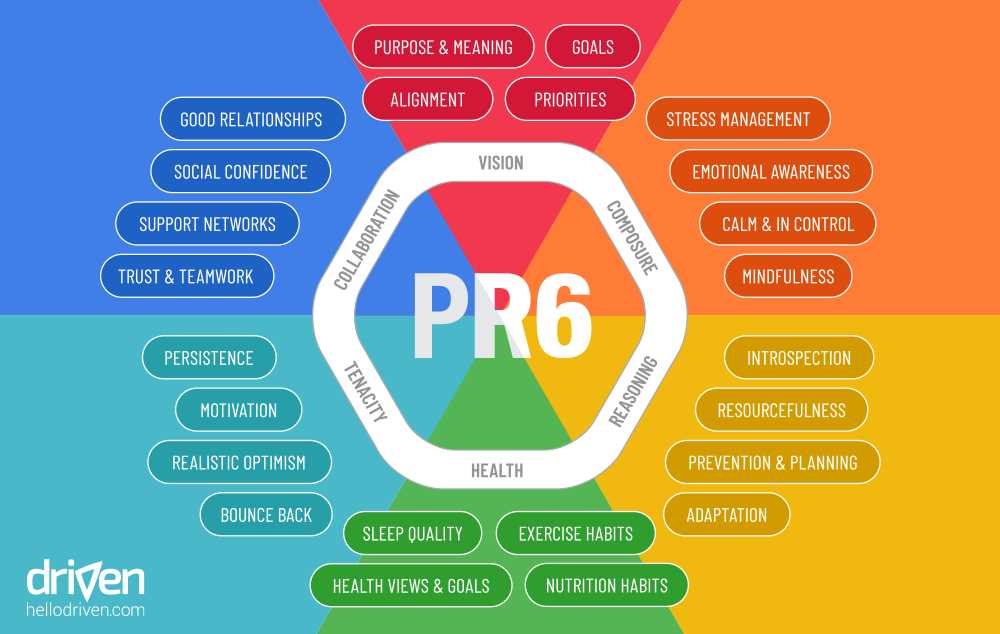
Emotional resilience is a crucial component of the resilience framework when it comes to combating stress-related disorders. It refers to an individual’s ability to adapt and bounce back from challenging or traumatic experiences. Developing emotional resilience can help individuals better cope with stress and improve their overall well-being.
There are several strategies that can be employed to build emotional resilience:
| 1. Self-awareness | Understanding and recognizing one’s own emotions is the first step towards building emotional resilience. By being aware of how stress affects you and being able to identify your emotions, you can develop effective coping mechanisms. |
| 2. Positive thinking | Adopting a positive mindset can help combat stress-related disorders. By focusing on the positives in life and reframing negative thoughts, individuals can build resilience and maintain a more optimistic outlook. |
| 3. Social support | Having a strong support network can significantly contribute to emotional resilience. Surrounding yourself with supportive friends, family, or professionals can provide encouragement, guidance, and a sense of belonging. |
| 4. Healthy coping mechanisms | Engaging in healthy coping mechanisms, such as exercise, mindfulness, and relaxation techniques, can help reduce stress and promote emotional well-being. These activities provide an outlet for stress and help individuals recharge. |
| 5. Seeking professional help | When stress-related disorders become overwhelming, seeking professional help is crucial. Mental health professionals can provide guidance, therapy, and support tailored to individual needs, helping individuals build emotional resilience. |
By implementing these strategies, individuals can strengthen their emotional resilience, combat stress-related disorders, and improve their overall quality of life.
Developing Cognitive Resilience
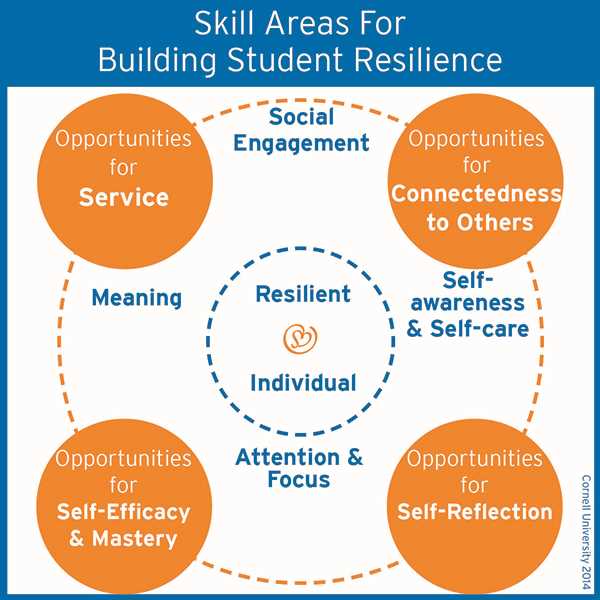
In order to combat stress-related disorders and build resilience, it is important to develop cognitive resilience. Cognitive resilience refers to the ability to adapt and recover from stress by employing cognitive strategies that promote mental well-being. By developing cognitive resilience, individuals can better cope with challenges and bounce back from adversity.
One key strategy for developing cognitive resilience is practicing self-awareness. This involves being mindful of one’s thoughts, emotions, and reactions to stressors. By cultivating self-awareness, individuals can better understand their stress triggers and develop healthier coping mechanisms.
Another important aspect of cognitive resilience is developing a growth mindset. This involves believing that one’s abilities and intelligence can be improved through effort and learning. By adopting a growth mindset, individuals are more likely to view challenges as opportunities for growth and are less likely to become overwhelmed by stress.
Building cognitive resilience also involves developing effective problem-solving skills. This includes identifying the root causes of stress and developing action plans to address them. By taking a proactive approach to problem-solving, individuals can regain a sense of control and reduce stress levels.
In addition, building cognitive resilience requires cultivating positive thinking patterns. This involves challenging negative thoughts and replacing them with more positive and realistic ones. By reframing negative thoughts, individuals can reduce stress and develop a more optimistic outlook.
Lastly, building cognitive resilience involves practicing self-care and maintaining a healthy lifestyle. This includes getting enough sleep, eating nutritious food, and engaging in regular exercise. By taking care of their physical and mental well-being, individuals can better cope with stress and build cognitive resilience.
In conclusion, developing cognitive resilience is a powerful strategy to combat stress-related disorders. By practicing self-awareness, adopting a growth mindset, developing problem-solving skills, cultivating positive thinking patterns, and practicing self-care, individuals can enhance their ability to adapt and recover from stress. By building cognitive resilience, individuals can improve their mental well-being and lead healthier, more resilient lives.
Nurturing Social Resilience
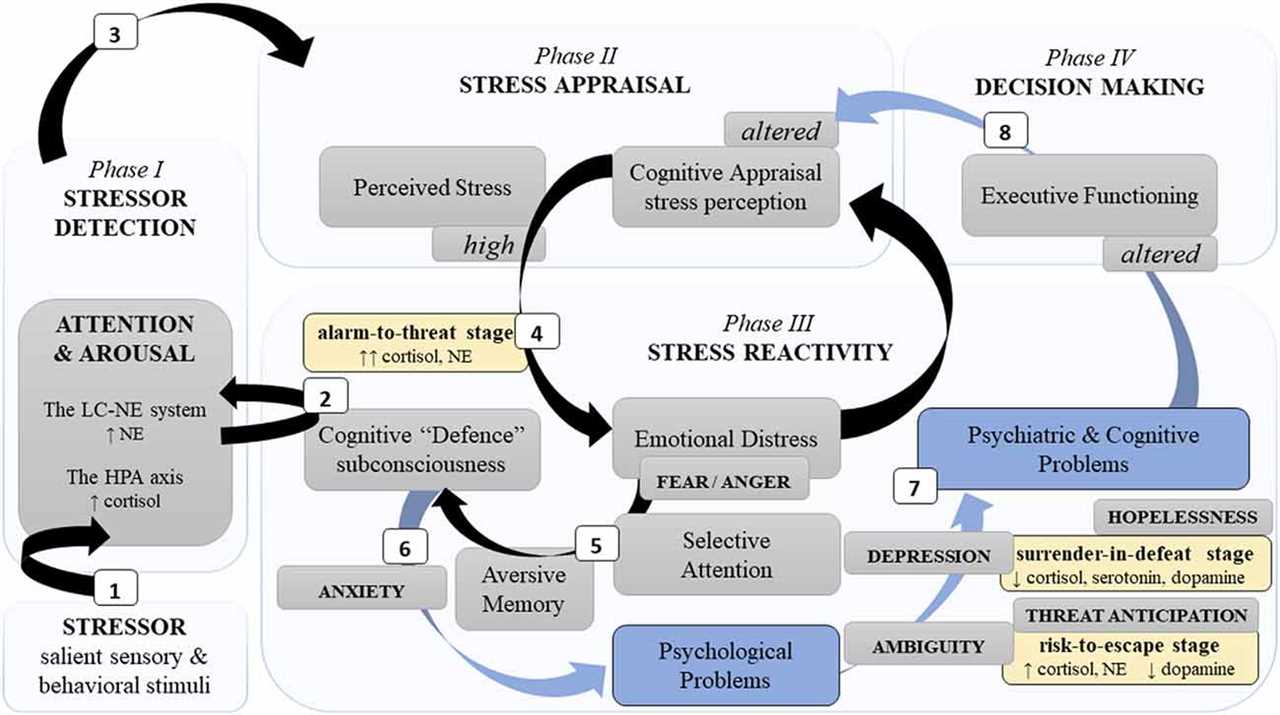
Social resilience is an essential component of the overall resilience framework for combating stress-related disorders. It involves building strong social connections and support networks that can provide emotional and practical support during times of adversity.
One strategy for nurturing social resilience is to prioritize and invest time in building and maintaining meaningful relationships. This can be done by participating in social activities, joining clubs or groups with shared interests, and reaching out to friends and family members regularly.
Another important aspect of nurturing social resilience is developing effective communication and conflict resolution skills. Being able to express oneself clearly and assertively, as well as being able to listen actively and empathetically, can help to strengthen relationships and prevent conflicts from escalating.
Additionally, fostering a sense of belonging and inclusivity within social networks is crucial for social resilience. This can be achieved by creating an environment where everyone feels valued, respected, and supported. Encouraging open and honest communication, promoting diversity and inclusion, and actively addressing any instances of discrimination or exclusion are important steps in nurturing social resilience.
Furthermore, cultivating a support system of trusted individuals who can provide emotional and practical support during challenging times is vital for social resilience. This can include friends, family members, mentors, or support groups. Having a strong support network can help individuals cope with stressors and bounce back from adversity more effectively.
In conclusion, nurturing social resilience is a key strategy within the resilience framework for combatting stress-related disorders. By prioritizing and investing in building and maintaining meaningful relationships, developing effective communication and conflict resolution skills, fostering a sense of belonging and inclusivity, and cultivating a support system, individuals can enhance their social resilience and better cope with the challenges they may face.
Implementing the Resilience Framework
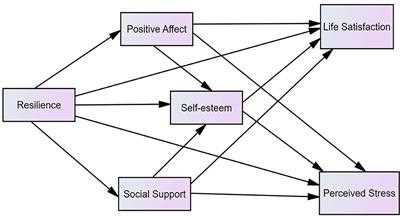
Implementing the resilience framework is a crucial strategy in combating stress-related disorders. By adopting this framework, individuals can develop the necessary tools and skills to overcome and thrive in the face of adversity.
The resilience framework provides a comprehensive approach to building resilience and managing stress. It consists of several key components, including:
| 1. Self-awareness: | Understanding one’s own strengths, weaknesses, and triggers is essential in developing resilience. Through self-awareness, individuals can identify areas that require improvement and develop strategies to address them. |
| 2. Positive mindset: | Maintaining a positive mindset is crucial in building resilience. By reframing negative thoughts and focusing on the positive aspects of a situation, individuals can better navigate through stressful circumstances. |
| 3. Emotional regulation: | Managing and regulating emotions is an important aspect of resilience. By developing healthy coping mechanisms and strategies, individuals can effectively navigate through stress and prevent it from overwhelming them. |
| 4. Social support: | Building a strong support network is vital in combatting stress-related disorders. Having a network of trusted individuals who can provide emotional support and guidance can greatly enhance resilience. |
| 5. Problem-solving: | Developing problem-solving skills is crucial in overcoming challenges and building resilience. By identifying potential solutions and taking proactive steps, individuals can effectively combat stress-related disorders. |
Implementing the resilience framework requires dedication and practice. It is important for individuals to actively engage with each component and work towards building their resilience over time. By incorporating these strategies into their daily lives, individuals can combat stress-related disorders and thrive in the face of adversity.
Identifying Personal Stress Triggers
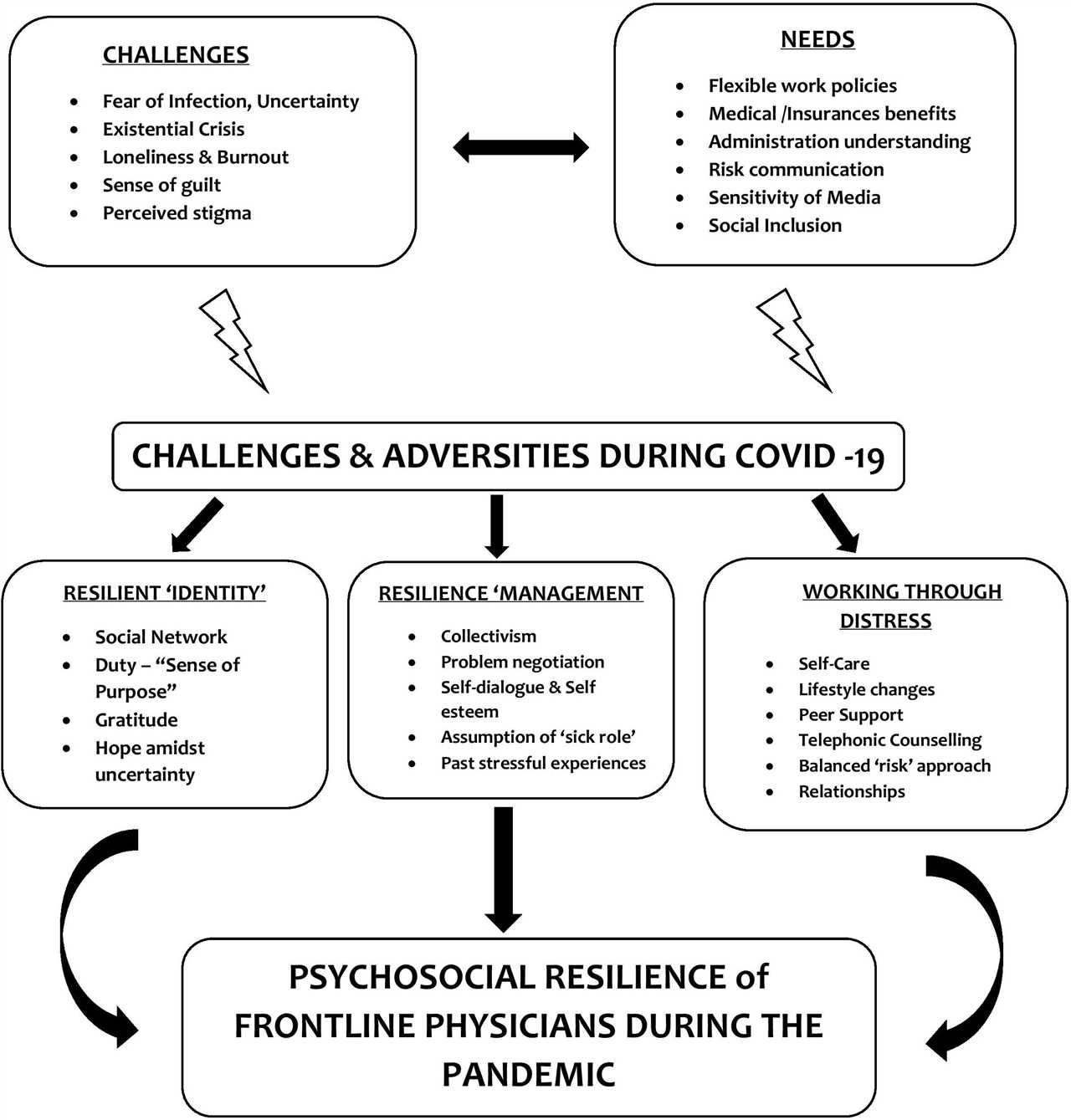
Understanding and identifying personal stress triggers is an essential step in combating stress-related disorders. By recognizing the specific factors that contribute to stress, individuals can develop strategies within the resilience framework to effectively manage and reduce their stress levels.
One way to identify personal stress triggers is through self-reflection and self-awareness. Taking the time to reflect on one’s thoughts, emotions, and physical sensations can reveal patterns and triggers that lead to stress. Keeping a journal or diary can be helpful in this process, as it allows individuals to track their experiences and identify recurring stressors.
Another method is to pay attention to external factors that may contribute to stress. This includes identifying stressful situations, environments, or relationships that consistently lead to feelings of stress. By recognizing these triggers, individuals can make proactive decisions to avoid or minimize their exposure to them.
Additionally, it can be beneficial to seek feedback from trusted friends, family members, or healthcare professionals. Sometimes, others may notice patterns or triggers that individuals themselves may overlook. This external perspective can provide valuable insights and help individuals gain a better understanding of their stress triggers.
Once personal stress triggers have been identified, individuals can employ various strategies within the resilience framework to combat stress-related disorders. These strategies may include practicing relaxation techniques, engaging in physical activity, seeking social support, and developing healthy coping mechanisms.
In conclusion, identifying personal stress triggers is a crucial step in combatting stress-related disorders. By understanding the factors that contribute to stress, individuals can develop effective strategies within the resilience framework to manage and reduce their stress levels. This self-awareness and proactive approach can lead to improved overall well-being and resilience in the face of stress.

I am Patrina de Silva, a psychologist and mental health blogger in Sri Lanka. After obtaining psychology degrees from the University of Colombo and Monash University, I returned home to work as a counselor while also starting the popular blog “Pressy but Happy” to provide advice on psychological issues. Over the past decade, my empathetic articles have made my blog a leading mental health resource in the country. In addition to writing, I maintain a private therapy practice, frequently volunteer counseling time, and conduct seminars, driven by my passion for destigmatizing mental illness and educating the public on the mind-body connection. I strive to be an influential voice in my field through my compassionate approach.
